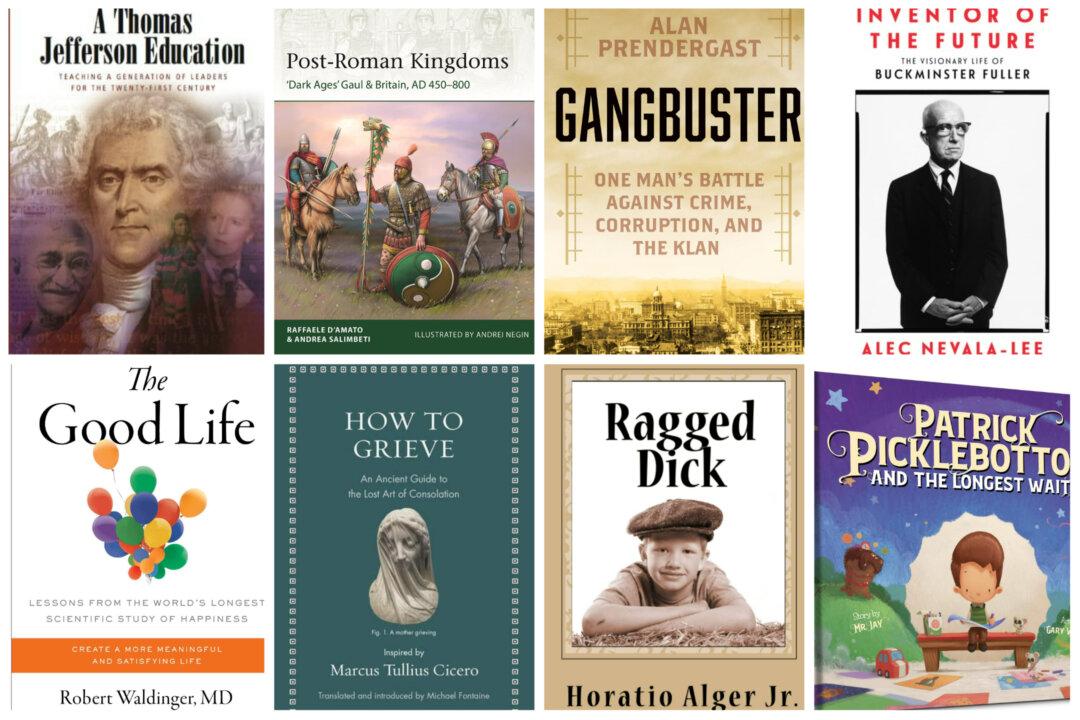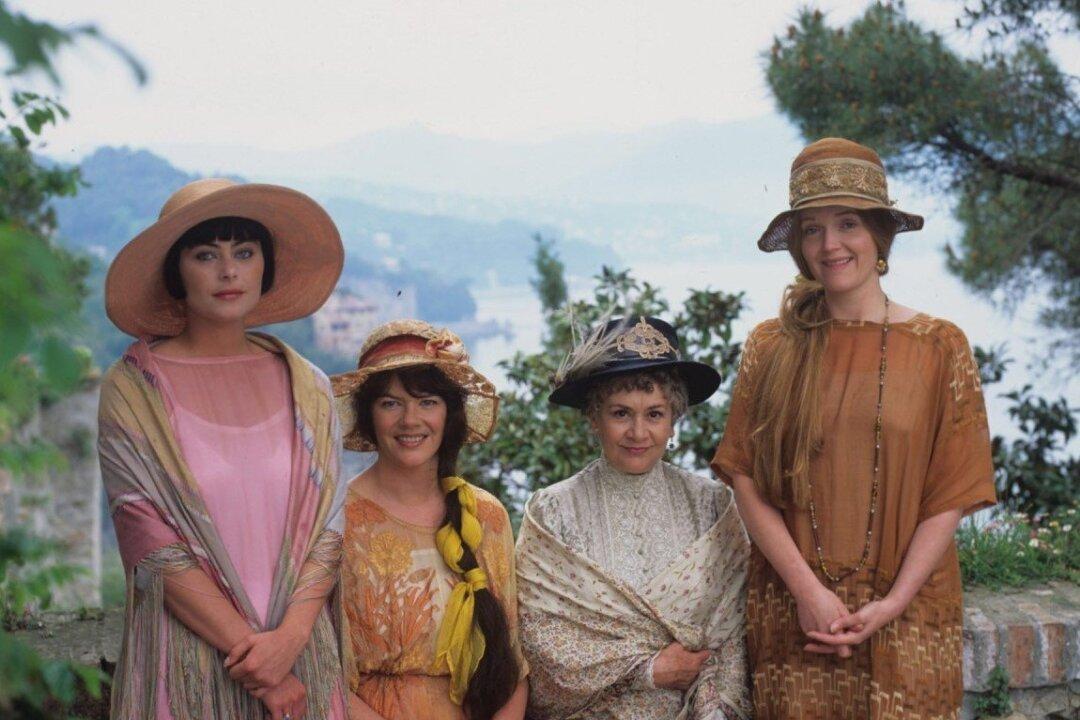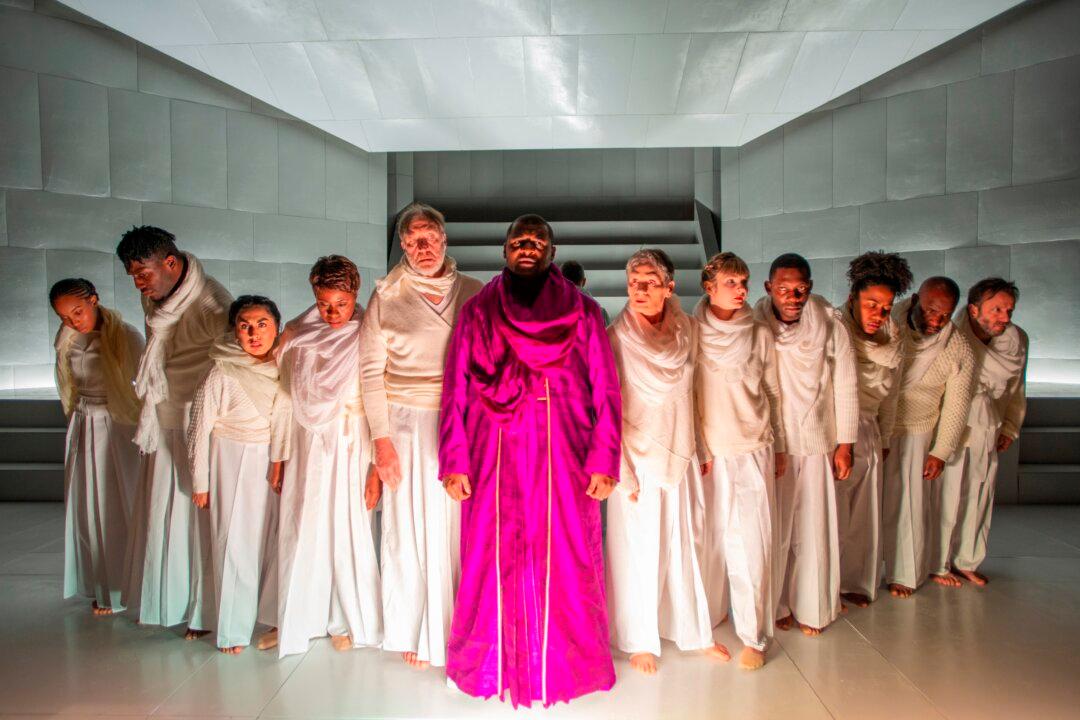CHICAGO—Noah Haidle’s hugely ambitious Smokefall reaches for the literary stars but lands somewhere on the moon. At first we feel like we are seeing an updated Our Town, until magical realism takes over. Then we visit the starker worlds of Jean-Paul Sartre and Samuel Beckett, and eventually Haidle acknowledges Stephen Sondheim and wraps up with a couple of lines from Shakespeare. The title is a reference to a T. S. Eliot poem.
The lunar landing is not bad, however. Taking into account the existential lunacy the author perceives in our lives—the meaninglessness of our existence, he explains that in every beginning, at the start of every romance, for example, lies the seed of its tragedy and its death.
We are fated beings, with fate being determined by either biological determinism or original sin—or both.
Why not succumb? His answer to the existential crisis is love. We ultimately choose whether to love or not. That unsettling choice is ours.
The play open with a homespun, commonplace feeling, bringing Our Town to mind, as Footnote (Guy Massey), the play’s narrator, introduces the characters. We see devoted mother and wife Violet (Katherine Keberlein) talking to her unborn twins and fixing breakfast for the Colonel (Mike Nussbaum), her 77-year-old father.
The Colonel has never been the same mentally since his wife, whom he loved on six continents, died. But in her unceasing patience, Violet doesn’t mind.
If the Colonel’s mind is faltering, he has his routine: a jigsaw puzzle, lovingly taken apart every night by Violet; a daily walk to the cemetery to visit his wife, if he remembers to stop; and his granddaughter, Beauty (Catherine Combs), to keep him company.
From this ordinary start we move to unrealistic events that are taken as perfectly normal—that is, we move into a realm of magical realism.
Beauty, Footnote explains, has chosen not to speak in years. Not only that, she eats dirt for breakfast and drinks a little leftover paint. Her odd behavior is taken in stride by the family, Footnote explains.
Daniel (Eric Slater), husband to Violet and father to Beauty and the unborn twins, loves them. He says that the day Beauty was born she was the most beautiful thing he had ever seen.
But Footnote explains that Daniel has never felt comfortable in the household. When Dan leaves that morning for work, he will get in the car, start driving, and never come back.







